SS #83: The Uncommon Commonplace
It seems like people all around the homeschool world talk about their commonplace notebook, but what does it really mean? What is commonplacing?
A commonplace notebook, a companion to your reading life, becomes a central place to keep knowledge you have discovered.
In this episode, we cover the what and the why of commonplacing, or keeping a reading notebook,
Listen to the podcast:
TUNE IN:
Apple Podcasts | Spotify | Stitcher
Why you want to keep a commonplace book
Today’s Hosts

Brandy Vencel
homeschools 3 of her 4 children (one is a graduate) and mixes up authors and colors in her single commonplace journal.
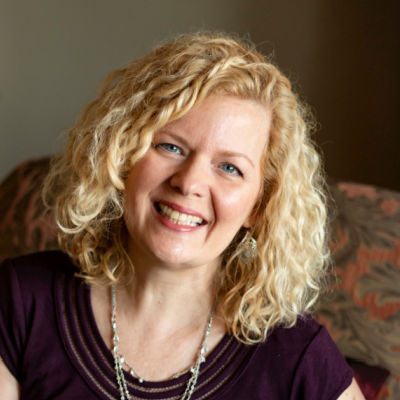
Pam Barnhill
homeschools her three children and writes a short commonplace entry in her PEACE planner.

Mystie Winckler
homeschools 4 of her 5 children (one is in community college dual enrollment) and uses index cards for her commonplace entries.

Abby Wahl
homeschools her 5 children and will screenshot the audiobook player on her phone so she can come back for the quote later.
Join us and start your own confident commonplacing practice!
Are you intimidated by commonplacing?
Not sure if you’re doing it right?
Uncertain how to get started?
You’re not the only one.

So, on February 20, join us for a Commonplace Workshop where we will break down the process of getting started and keeping up with commonplacing.
It doesn’t need to be complicated and you don’t need to make it a keepsake. At the Commonplace Workshop we’ll each share our own commonplace practices and real life examples, helping you see how doable and unfancy – and how beneficial! – commonplacing can be.
Scholé Every Day: What We’re Reading
The Politically Incorrect Guide to Western Civilization, Anthony Esolen
Pam is enjoying this romp through Western Civ from the Greeks and Romans through the twentieth century.
A Little History of the World, E. H. Gombrich
Mystie purchased this book from Cindy Rollins when Cindy thinned her collection years ago. It took her eight years to get to it, but she recommends it not without cautions.
Range: Why Generalists Triumph in a Specialized World, David Epstein
Abby is listening to the audio version from her library. Because we live in a wicked, not kind, world, we need to be broad and diverse in our interests and skills so we are flexible.
Becoming Whole: Why the Opposite of Poverty Isn’t the American Dream, Brian Fikkert and Kelly M. Kapic
Brandy relates to their propositions about what flourishing really is and what true charity ought to be.
What is commonplacing?
It’s writing stuff down.
Pam Barnhill
Mystie points out that technically, commonplace is not a verb, but rather a noun or adjective. But it is often used as a verb, a thing we do, like “Googling.”
A commonplace notebook is “a way to compile knowledge,”
Keeping a commonplace book is a historic practice of educated people.
Your commonplace is for you, not for others. It’s for thoughts as well as quotes, and possibly other scraps of information you don’t want to forget. It’s a personal repository.
You are the one who decides what is a valid, useful, beautiful entry in your notebook, not any other teacher or guru.
What counts as a commonplace book?
Sir, if you will be so good as to favor me with a Blank Book, I will transcribe the most remarkable occurances I meet with in my reading, which will serve to fix them upon my mind.
-John Quincy Adams to his father
In the best and traditional sense, a commonplace notebook is highly personal, a place to keep things you want to remember, not things other people think you should remember. Copywork and commonplacing are distinct. Commonplacing is meant for the author’s eyes only.
Keeping a commonplace book is like the pre-internet Pinterest board, but with meaningful quotes and thoughts rather than pretty pictures.
As Abby quoted:
A commonplace book is also an aid to self-education and memory. Keeping one forces you to become an active reader, to read with one eye towards the main points of an argument, the beautiful quote, the insight that gives you pause. You become aware of just more than the words on the page; you become aware of the author’s arguments, his writing style, and what you think about what the author is saying. It creates a give-and-take between writer and reader. Furthermore, the act of writing down quotations and arguments fixes them more firmly in the memory, making it more likely that you’ll remember them at appropriate times. Periodically re-reading your commonplace book will further strengthen your recall even more.
Andrew Gudgel, “Digital Renaissance Man“
Commonplacing is like narration.
Both are natural impulses for thinkers; both help.
We can then take this natural process and refine it into a consistent practice, keeping these thoughts in one place instead of on trash like Brandy helps you remember what you’ve read and thought better.
It is ok also to assign the practice, like narration, but without dictating the content that goes into it.
A commonplace book becomes a personal reference to things you want to hold onto in your memory.
You should write your commonplace entries out by hand.
Writing it out by hand helps it sink into your mind more.
It slows you down and gives you time to think about it. Writing it out by hand also forces you to be picky about what you select because it takes up time and space and energy.
Commonplacing is for more than best quotes.
A writer’s notebook is also a sort of commonplace book. You can also hold turns of phrases, examples, and vocabulary. Whether you keep them in one or have several, both are valid uses of “keeping.”
After all, education is the science of relations, and a commonplace book is your place where self-education happens.
Can I keep a digital commonplace notebook?
Mystie writes out her selections by hand, but transfers them to a digital keeping-place where they are searchable and copy-and-pasteable. That’s the ideal, of course; in reality, she has a pile waiting to be added to the database app.
Why keep a commonplace notebook?
We don’t want to have a consumer mentality about our reading. A practice of commonplacing forces us to slow down and think through what we’re reading so we can truly learn it rather than let it pass us by.
- to have bits to pull on when writing
- to process what you’re reading and think about it
- to become a better noticer as you read
- to spend slower thinking time with the book
- to acquire wisdom through active reading
- to gain the knowledge you’re going to the book
- to actually remember and not forget
- to pull our minds out of our own mental ruts
- to recognize that our own thoughts and experiences are not complete or the only option
- to meditate on beautiful words and good ideas
- to discipline our minds
- to build the habit of attention
From Mystie’s commonplace database:
How young is too young to begin to discover the power of the beauty of words? One cannot begin too young nor linger too long with learning.
Louis L’Amour, Lonesome Gods
What are some commonplacing techniques?
Come to our Commonplace Workshop to learn practical, doable commonplacing techniques. Anyone can commonplace. Don’t be intimidated!
Mentioned in the Episode
Listen to related episodes:
SS#160 – We wrote a book!
SS#142: Attention is a homeschool essential
SS #137 – Fairy Tales Are True (with Vigen Guroian!!)
SS #134 – What is the 5×5 Reading Challenge?

Want to talk about the ideas presented here? The conversation is happening inside Sistership.
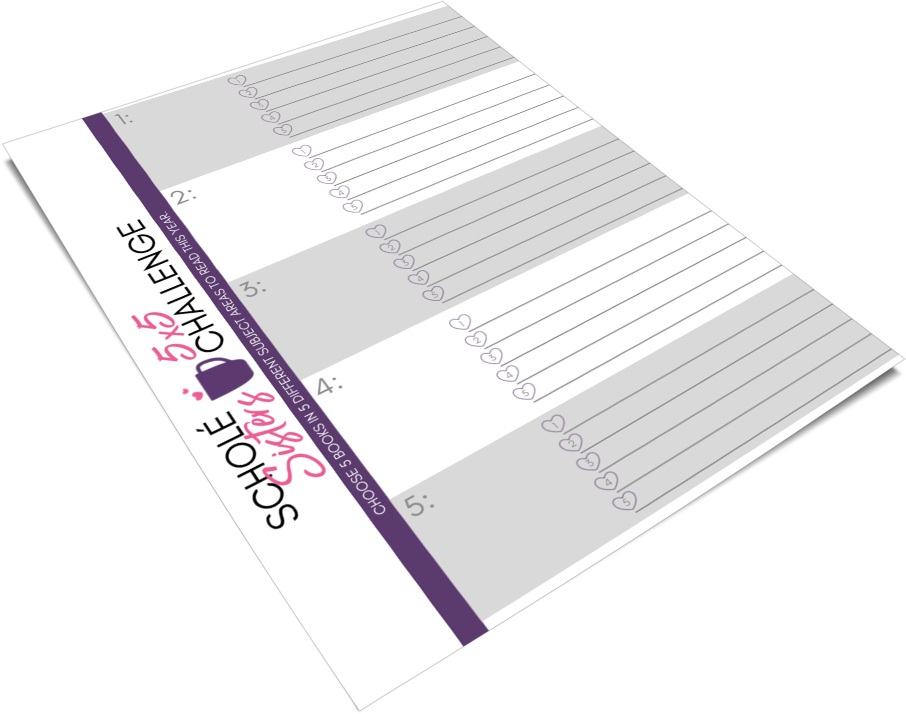


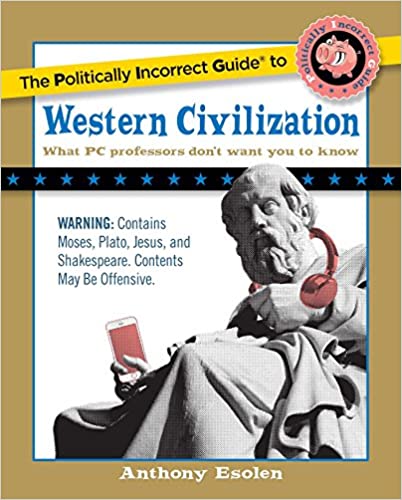
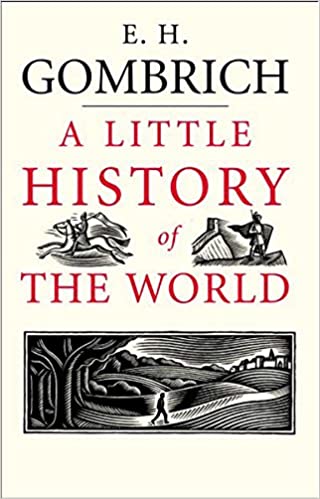

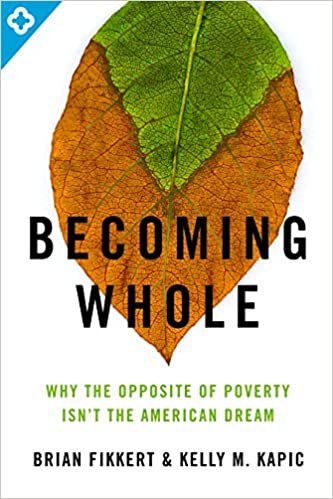

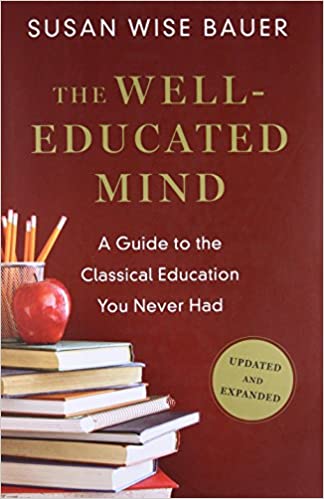

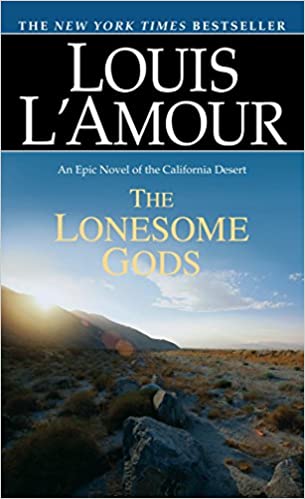
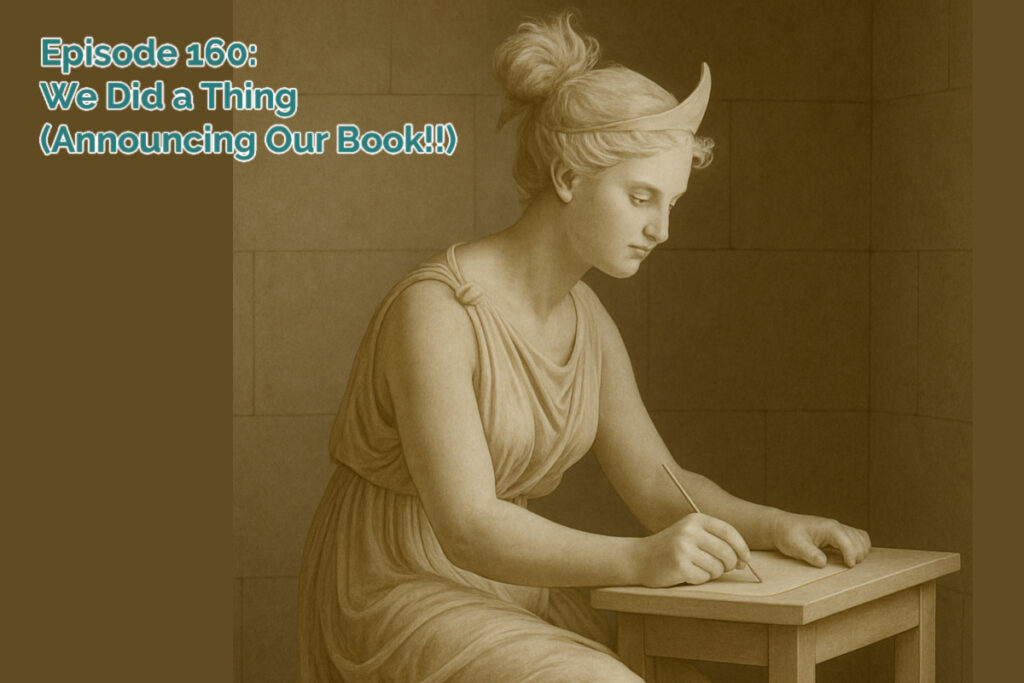

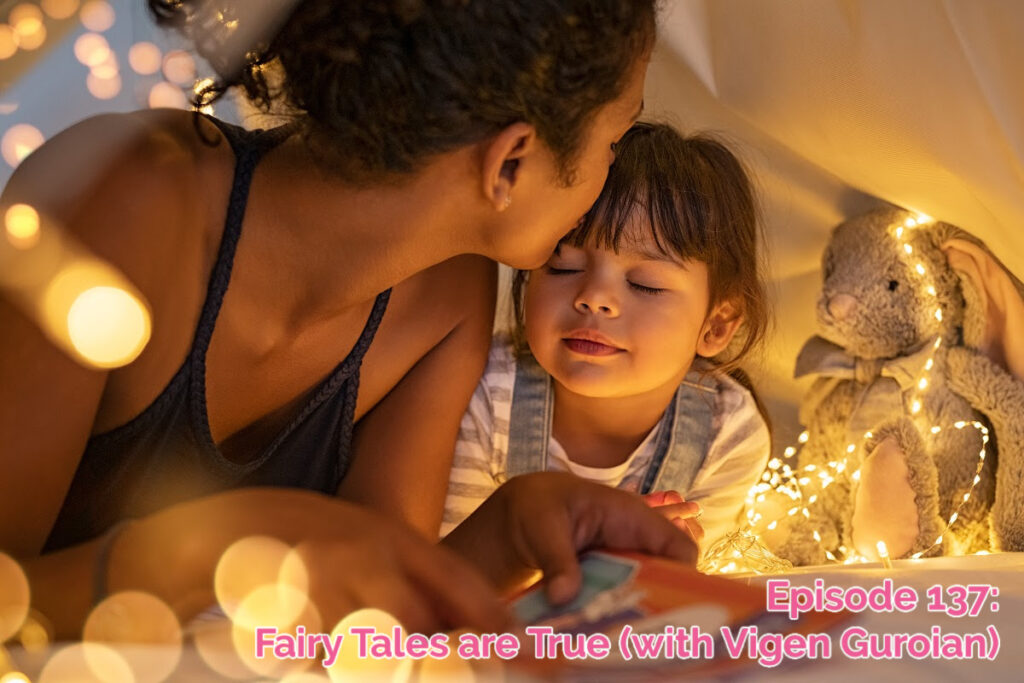


One Comment
Comments are closed.